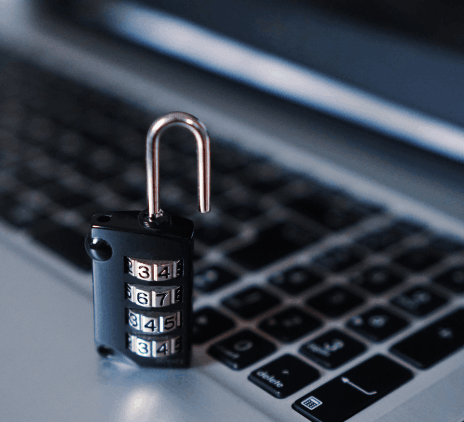Outsourcing
„On the first day, everyone said they were going on sick leave.” How the software change went wrong
In a smaller company, implementing new software can take three to four months, while in larger companies it can take a couple of years. Change management is exceptionally important for the transition to be successful














